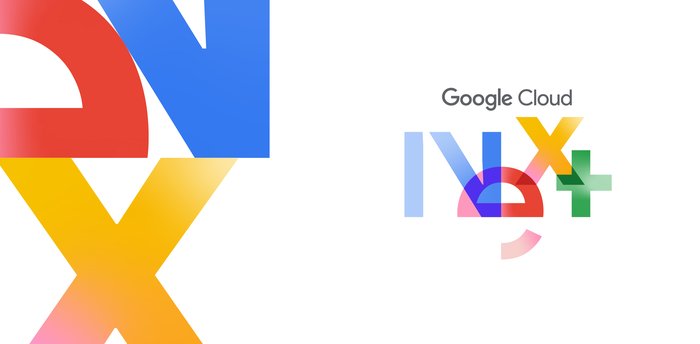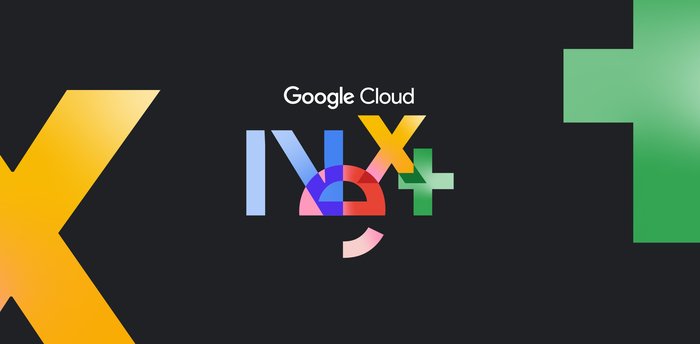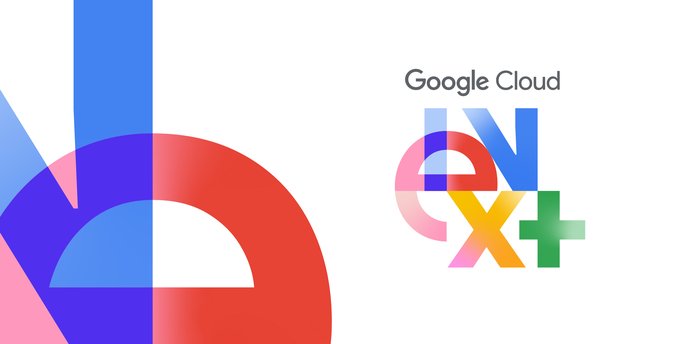Announcing the General Availability of AlloyDB for PostgreSQL

Sandy Ghai
Senior Product Manager, Databases
Ravi Murthy
Engineering Director, AlloyDB
Try Google Cloud
Start building on Google Cloud with $300 in free credits and 20+ always free products.
Free trialIn May 2022 at Google I/O, we announced the preview of AlloyDB for PostgreSQL, a fully-managed, PostgreSQL-compatible database service that provides a powerful option for modernizing your most demanding enterprise database workloads. We’re happy to announce that AlloyDB is now generally available.
AlloyDB is an excellent choice for organizations looking to break free from their legacy, proprietary databases and for existing PostgreSQL users looking to scale with no application changes. It combines full PostgreSQL compatibility with the best of Google: scale-out compute and storage, integrated analytics, and AI/ML-powered management. That means you get better performance, availability, and scalability with minimal management overhead.
Based on our performance tests, AlloyDB is more than four times faster for transactional workloads, and up to 100 times faster for analytical queries than standard PostgreSQL. It’s also two times faster for transactional workloads than Amazon’s comparable PostgreSQL-compatible service. You can expect high out-of-the-box regional availability, backed by a 99.99% availability SLA inclusive of maintenance. AlloyDB automatically detects and recovers from most database failures within 60 seconds, independent of database size and load. And finally, autopilot systems for automatic provisioning of storage, adaptive auto-vacuuming, and more make it easier than ever to manage your database. Pricing is transparent and predictable, with no expensive, proprietary licensing and no hidden I/O charges.
Since our preview announcement in May, we’ve introduced a number of new product capabilities to address the needs of high-end enterprise applications. We’ve added critical security features like customer-managed encryption keys (CMEK) and VPC Service Controls, and announced the preview of cross-region replication. We expanded configuration options, including introducing a new 2 vCPU /16 GB RAM machine type, and adding support for additional PostgreSQL extensions like pgRouting, PLV8, and amcheck. We continued to make AlloyDB easier to manage, introducing the preview of an index advisor and new fleet-wide monitoring.
Earlier, in September , we announced the preview of PostgreSQL to AlloyDB migrations with our easy-to-use, secure, and serverless Database Migration Service. We also announced the preview of AlloyDB’s integration with Datastream for seamless change data capture and replication to destinations like BigQuery. And finally, we continued to make improvements in performance, availability, replication lag, and monitoring to better meet the needs of your workloads.
Customer and partner momentum
We’re seeing increased momentum from organizations looking to modernize their database estates with high performance, scale, and availability. At this opportunity we’d like to thank everyone who participated in the preview and sent us useful feedback.
B4A, a Brazilian beauty-tech startup, is one such customer. B4A was founded with the purpose of democratizing the beauty market, offering monthly beauty subscription services to more than 100,000 paying subscribers. “We opted for AlloyDB for performance reasons, and indeed, the results were amazing,” says Jan Riehle, CEO and Founder at B4A. “Combining AlloyDB with a GraphQL API decreased query times for our full catalog of products by up to 90 percent compared to our previous database solution. We also came to appreciate the ease of maintenance that a fully managed solution like AlloyDB provides - setting up and configuring the database was a very smooth process that went really quickly for us. And compared to our previous database, we’ve been able to cut costs, and are no longer stuck paying for traditional database licenses.”
London-based technology company Thought Machine is on a mission to create technology that can run the world’s banks according to the best designs and software practices of the modern age. “We were delighted to be in the preview programme with AlloyDB, and now to be a launch partner as it comes into general availability,” says Will Montgomery, CTO at Thought Machine. “We are confident that AlloyDB performs at the highest level for our global Tier 1 bank clients running on Google Cloud Platform, which have stringent demands on performance and availability.”
Today we’re also happy to announce the expansion of the AlloyDB partner ecosystem with several new partnerships, for a total of over 50 technology and service partners to support your AlloyDB-based deployments. Technology vendors are ready to support your needs in business intelligence, advanced analytics, data integration, governance, observability, and migration assessment, while regional and global service partners have the necessary expertise to help your database migrations and other implementation needs. Read more about the expanded AlloyDB partner ecosystem.
What else do I need to know?
Preview pricing will continue through December 31, 2022, after which normal billing will commence. For additional pricing information, see AlloyDB pricing. You can find more information about product functionality, regional availability, and our service-level agreement (SLA) in the AlloyDB for PostgreSQL documentation.
Learn more about AlloyDB
Check out the Introducing AlloyDB for PostgreSQL video for the full story on migrating, modernizing and building applications with AlloyDB. You can also learn about the technology underlying AlloyDB from our “Under the Hood" blog series. We cover the disaggregation of compute and storage in Intelligent, database-aware storage and explore AlloyDB’s vectorized columnar execution engine, which enables analytical acceleration with no impact on operational performance, in the Columnar engine blog post.
Also check our animated video series, “Introducing AlloyDB”. The first episode, What is AlloyDB?, discusses how AlloyDB provides full PostgreSQL compatibility together with accelerated database performance, high availability, and analytics integration. Be sure to subscribe for future episodes.

What is AlloyDB? The first episode in the animated series, “Introducing AlloyDB”.
Getting started
You can get started with AlloyDB in just a few clicks by navigating to the AlloyDB console and creating your first cluster.
Getting started is easy with three simple steps:
Create your AlloyDB cluster
Create a primary instance for that cluster
Connect to the cluster using a psql client
Check out our quickstart for a step-by-step guide on creating a new AlloyDB cluster. Or you can use Database Migration Service to easily migrate an existing PostgreSQL database to AlloyDB.


